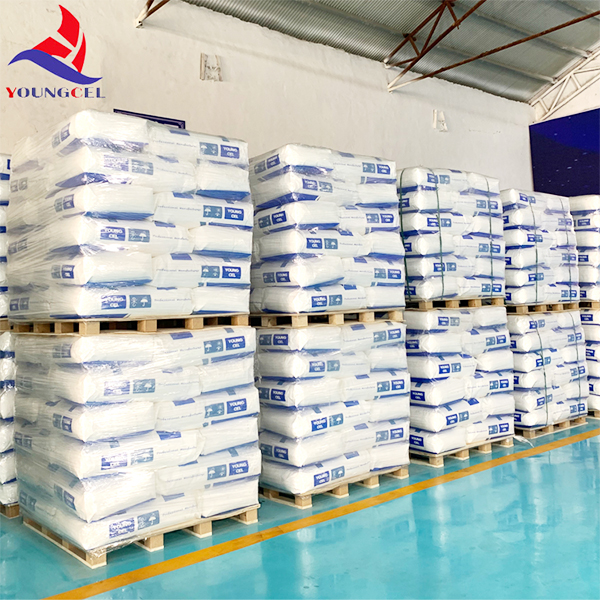The Role of Chemicals and Raw Materials in the Industrial Landscape
In the modern industrial landscape, chemicals and raw materials play a pivotal role in driving innovation, efficiency, and sustainability. From the automotive sector to pharmaceuticals, the reliance on various chemical compounds and raw materials is fundamental to manufacturing processes. This article explores the significance of these elements, the challenges associated with their usage, and the trends shaping their future.
Chemicals are integral in the production of countless goods, acting as catalysts, solvents, and intermediates. In the manufacturing of plastics, for example, petrochemicals derived from fossil fuels are transformed into polymers that form the backbone of countless everyday items. Similarly, in the agriculture sector, fertilizers and pesticides are essential for enhancing crop yields, ensuring food security for a growing global population. The intricate web of chemical processes involved in these industries underscores the importance of chemistry in fostering advancements in technology and improving living standards.
The Role of Chemicals and Raw Materials in the Industrial Landscape
One of the major challenges facing the chemical and raw materials industries is the growing concern over environmental impact. The extraction, production, and disposal of chemicals can lead to significant ecological footprints, contributing to pollution and climate change. As such, there is a pressing need for industries to adopt sustainable practices. This includes transitioning to greener chemicals, utilizing renewable resources, and implementing circular economy principles that aim to minimize waste and promote recycling.
chemicals raw materials industrial

Moreover, industries are increasingly investing in research and development to innovate and formulate more sustainable chemicals. For instance, bio-based chemicals derived from renewable sources like corn and sugarcane are gaining traction as alternatives to conventional petrochemicals. These bio-based materials are not only more environmentally friendly but often possess unique properties that can enhance product performance.
Additionally, the globalization of supply chains has brought about both opportunities and challenges for the chemicals and raw materials sectors. On one hand, global sourcing enables access to a diversified array of raw materials and competitive pricing. On the other hand, geopolitical tensions and trade barriers can disrupt supply chains, highlighting the need for resilience and adaptability in procurement strategies. Companies are increasingly seeking to localize supply chains to mitigate risks and enhance sustainability by reducing transportation emissions.
Technological advancements also play a crucial role in shaping the future of the chemicals and raw materials industries. Innovations such as automation, artificial intelligence, and blockchain are improving efficiency in production processes and enabling better supply chain management. For instance, AI-driven analytics can optimize resource allocation and enhance decision-making, leading to reduced waste and increased profitability.
In conclusion, chemicals and raw materials are foundational to the industrial sector, enabling a wide array of products and services that improve the quality of life. As industries navigate environmental challenges and strive for sustainability, the focus on innovative and eco-friendly practices will shape the future of this essential sector. Embracing technology, fostering global collaboration, and prioritizing sustainable practices will be key to ensuring that the industries continue to thrive in a rapidly changing world.
-
Premium Detergent Grade HPMC Hydroxypropyl Methylcellulose: Superior Thickening & StabilityNewsAug.31,2025
-
HEC 100000 Hydroxyethylcellulose for Paint | Superior ThickeningNewsAug.30,2025
-
Wall Putty Rdp Powder Packaging DesignNewsAug.29,2025
-
Introduction to Hpmc Hydroxypropyl Methyl CellulosNewsAug.29,2025
-
Hpmc Industri Grade IntegrationNewsAug.29,2025
-
How to Choose the Right Construction AdhesiveNewsAug.29,2025




